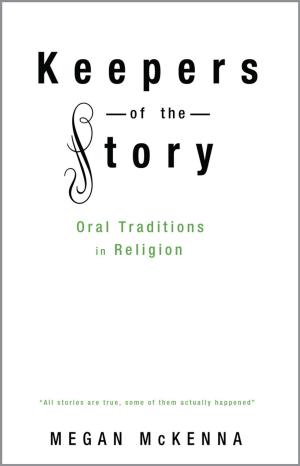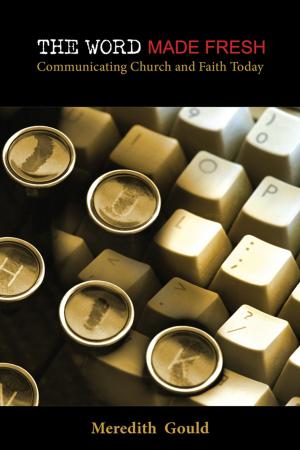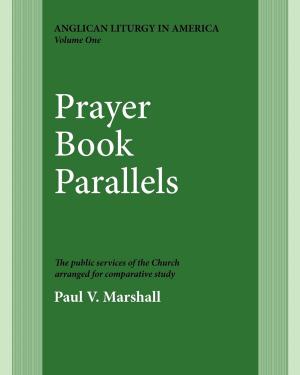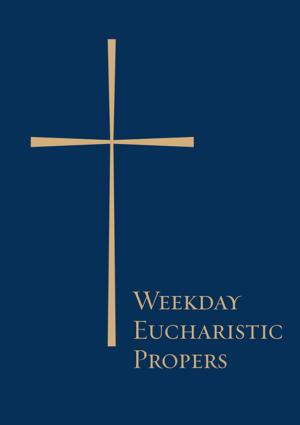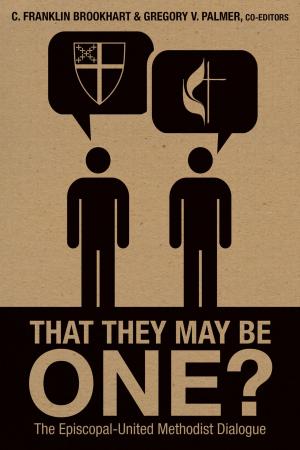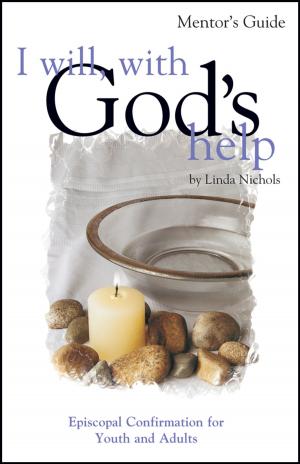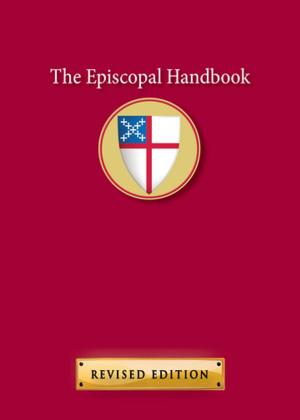A Greening of Imaginations
Walking the Songlines of Holy Scripture
Nonfiction, Religion & Spirituality, Bible & Bible Studies, Commentaries| Author: | Herbert O'Driscoll | ISBN: | 9781640651456 |
| Publisher: | Church Publishing Inc. | Publication: | February 17, 2019 |
| Imprint: | Church Publishing | Language: | English |
| Author: | Herbert O'Driscoll |
| ISBN: | 9781640651456 |
| Publisher: | Church Publishing Inc. |
| Publication: | February 17, 2019 |
| Imprint: | Church Publishing |
| Language: | English |
How do the scriptures speak to us today?
Where do our stories mirror biblical stories? Herbert O’Driscoll, beloved Anglican preacher, storyteller, author, and hymn writer, invites us to imagine what the “back story” of our favorite scriptures might have been.
By doing Christian midrash—telling the stories within the Story—Dr. O’Driscoll has filled in the gaps by creating new homilies and parables based on the text. Some are narratives, such as Jesus wondering about his cousin John as a twenty-something activist, and Mary’s thoughts as she knelt at the foot of the cross. Others ask you to imagine a bundle of letters from early Christians that “might have been written if we could only find them,” like Philemon’s response to Paul’s request on behalf of a runaway slave, or a letter from a student-aged Judas Iscariot written to his parents expressing his excitement about a rabbi whose teaching he finds fascinating.
Each of the twenty-eight short chapters offers a glimpse of the thoughts and emotions of individuals found in the Christian Testament, bringing alive the sights, sounds, and smells of the Holy Land.
How do the scriptures speak to us today?
Where do our stories mirror biblical stories? Herbert O’Driscoll, beloved Anglican preacher, storyteller, author, and hymn writer, invites us to imagine what the “back story” of our favorite scriptures might have been.
By doing Christian midrash—telling the stories within the Story—Dr. O’Driscoll has filled in the gaps by creating new homilies and parables based on the text. Some are narratives, such as Jesus wondering about his cousin John as a twenty-something activist, and Mary’s thoughts as she knelt at the foot of the cross. Others ask you to imagine a bundle of letters from early Christians that “might have been written if we could only find them,” like Philemon’s response to Paul’s request on behalf of a runaway slave, or a letter from a student-aged Judas Iscariot written to his parents expressing his excitement about a rabbi whose teaching he finds fascinating.
Each of the twenty-eight short chapters offers a glimpse of the thoughts and emotions of individuals found in the Christian Testament, bringing alive the sights, sounds, and smells of the Holy Land.


